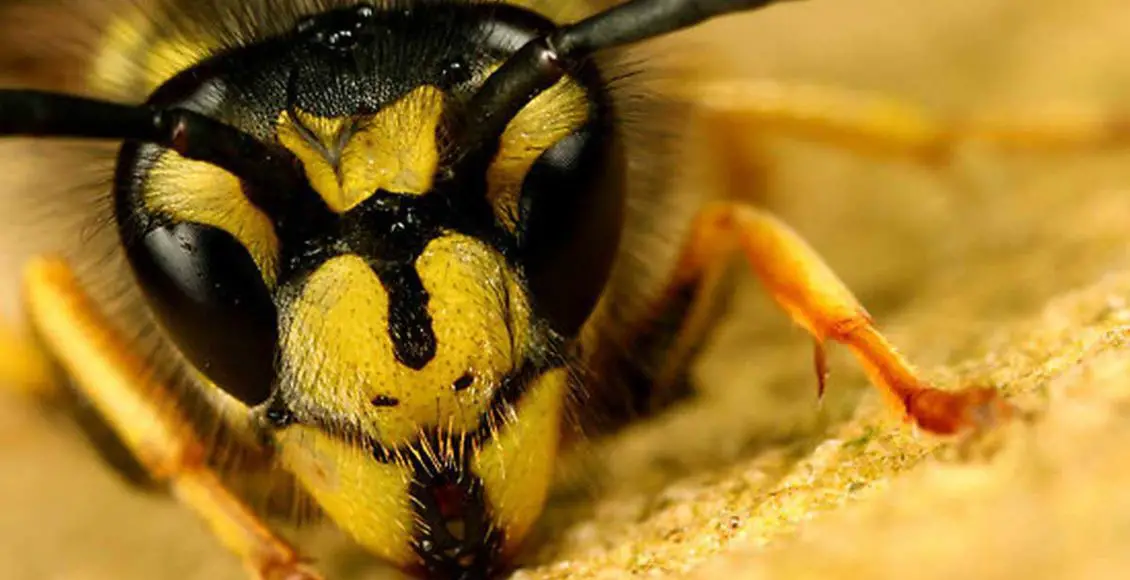 As someone who is not a fan of flying bugs, in general, wasps are especially low on my list of things I am fond of. Something about a flying bug that also stings you just doesn’t do it for me. That is, until I heard that new research published in the Biophysical Journal has found that the venom from a specific Brazillian wasp can kill cancer cells – while not affecting normal, healthy cells. Welcome to my good graces, Brazillian wasp.
As someone who is not a fan of flying bugs, in general, wasps are especially low on my list of things I am fond of. Something about a flying bug that also stings you just doesn’t do it for me. That is, until I heard that new research published in the Biophysical Journal has found that the venom from a specific Brazillian wasp can kill cancer cells – while not affecting normal, healthy cells. Welcome to my good graces, Brazillian wasp.
The specific wasp in question is the Polybia Paulista because their venom contains a very special toxin, known as Polybia-MP1 (MP1). What is amazing about this toxin is its ability to damage cancer cells while leaving healthy cells intact.
In a typical cell, the lipids, or fats, in the cell membrane face inward. In a cancerous cell, these lipids are on the outside of the cell membrane, and when the MP1 toxin comes into contact with them – it destroys them. This creates huge “pores” in the cell membranes and essentially destroys the cell. João Ruggiero Neto from São Paulo State University and co-author of the study says, “Formed in only seconds, these large pores are big enough to allow critical molecules such as RNA and proteins to easily escape cells.”
Paul Beales, the other co-author of the study from the University of Leeds, says, “Cancer therapies that attack the lipid composition of the cell membrane would be an entirely new class of anticancer drugs. This could be useful in developing new combination therapies, where multiple drugs are used simultaneously to treat a cancer by attacking different parts of the cancer cells at the same time.”
Read: Can Wi-Fi or Cellphones Cause Cancer?
So far the testing has been done on model cell membranes that have the same characteristics of cancerous cells, but it is still extremely good news in the fight against cancer. The next phase of the study involves figuring out which specific amino acids in the wasp venom have the effect of the lipids in cancerous cells to further refine their effects. “Understanding the mechanism of action of this peptide will help in translational studies to further assess the potential for this peptide to be used in medicine,” Beales says. “As it has been shown to be selective to cancer cells and non-toxic to normal cells in the lab, this peptide has the potential to be safe, but further work would be required to prove that.”


